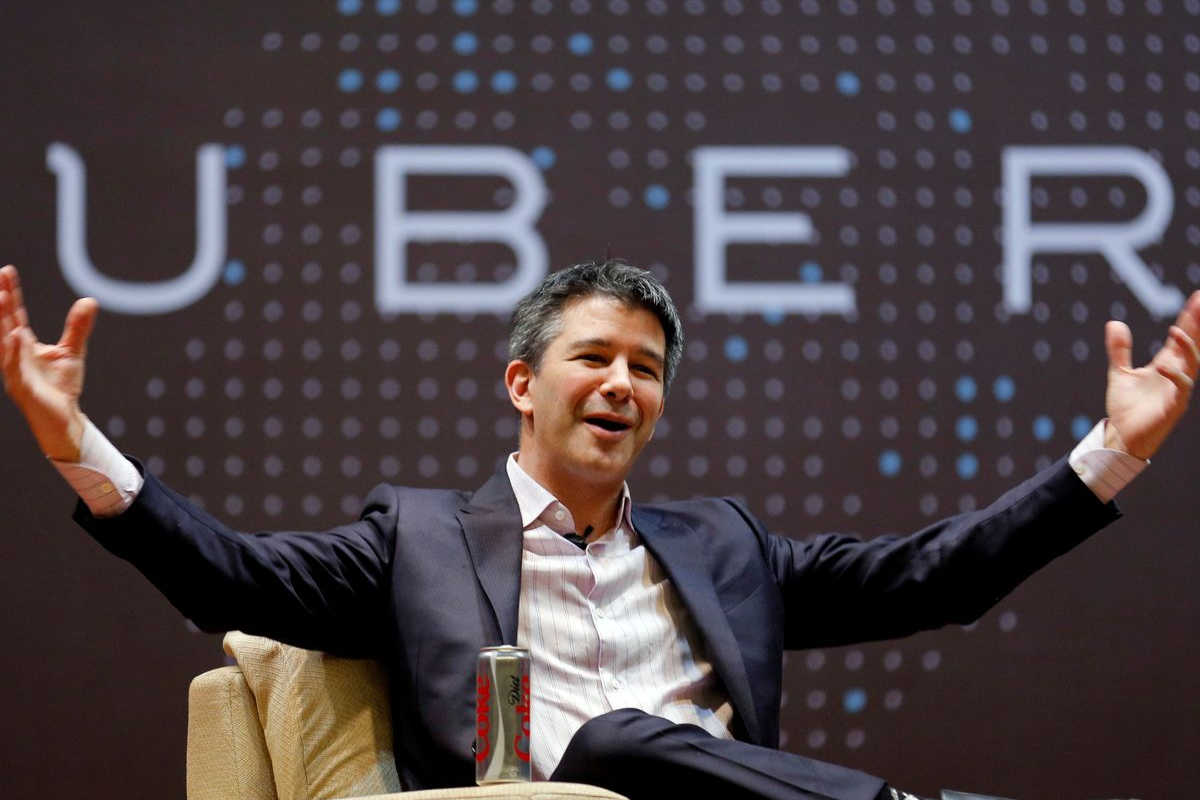Uber’s startup story is a fascinating tale of two friends attending a tech conference in Paris, who, unable to get a taxi, began to ponder the possibilities of a ride-sharing app. From this simple idea, Uber was born, transforming the transportation industry as we know it.
In 2008, Garrett Camp and Travis Kalanick, co-founders of Red Swoosh and StumbleUpon, respectively, were attending LeWeb, an annual tech conference. Frustrated by their inability to get a cab in Paris, they came up with the idea for Uber. The concept was to allow people to request a ride via their smartphones, a seemingly simple idea that would revolutionize transportation forever.
Initially, Uber was designed to be a timeshare limo service that could be ordered via an app, but after the conference, Camp continued to develop the idea and purchased the domain name UberCab.com. He then convinced Kalanick to join as UberCab’s “chief incubator.” In early 2010, the service was tested in New York using only three cars, and the official launch took place in San Francisco in May of that year.
Ryan Graves, an early employee and important figure in the company’s early stages, became CEO of Uber in early 2010. Kalanick took over as CEO in December of that year, with Graves taking on the role of general manager and senior vice president of Global Operations.
The app’s popularity quickly soared, thanks to its ease and simplicity. With just a few taps, a ride could be ordered, and the location and cost automatically charged to the user’s account. In less than two years, Uber had launched internationally in Paris, where the idea for it was first conceived.
As Uber’s popularity grew, so did its funding. In 2011, the company raised $11 million in Series A funding led by Benchmark, enabling it to expand to New York, Seattle, Boston, Chicago, and Washington D.C., as well as abroad in Paris. In December of the same year, Uber raised $37 million in Series B funding from Menlo Ventures, Jeff Bezos, and Goldman Sachs. The company broadened its offering by launching UberX in 2012, providing a less expensive hybrid car as an alternative to black car service.
By July 2015, Uber had become the world’s most valuable startup, valued at $51 billion after its funding rounds. However, the company also experienced numerous controversies, including allegations of hostile corporate culture and sexism, which resulted in a company-wide investigation and the resignation of CEO Travis Kalanick and over 20 employees.
Uber went public on May 9, 2019, but the company struggled initially, recording the biggest first-day dollar loss in U.S. history. Since then, the company has focused on becoming profitable and has completed several high-profile acquisitions, including JUMP, Postmates, and Drizly, as well as a partnership deal with Lime. In 2020, Uber sold its highly anticipated self-driving car division.
Takeaway
Uber’s meteoric rise to become the largest ride-sharing company in the world is a remarkable achievement. The company’s most recent earnings report is a testament to the fact that Uber has solidified its position as an industry leader, with impressive financial results that reflect the company’s continued growth and innovation.
Despite facing numerous challenges and controversies over the years, Uber’s success is a clear indication of the transformative impact that disruptive ideas can have on established industries. By introducing a new and innovative business model that leveraged the power of technology and the sharing economy, Uber has forever changed the way we think about transportation.
The story of Uber’s startup journey is an inspiring one, full of ups and downs, successes and setbacks. It is a story of perseverance, innovation, and the unwavering belief in the power of an idea. Uber’s impact on the ride-sharing industry is undeniable, and its success has paved the way for other disruptors to challenge the status quo and create new opportunities for growth and innovation.
As Uber continues to evolve and expand its reach, it is clear that the company is not content with resting on its laurels. With a commitment to innovation and a relentless focus on customer satisfaction, Uber is poised to continue its dominance in the ride-sharing industry and beyond.











